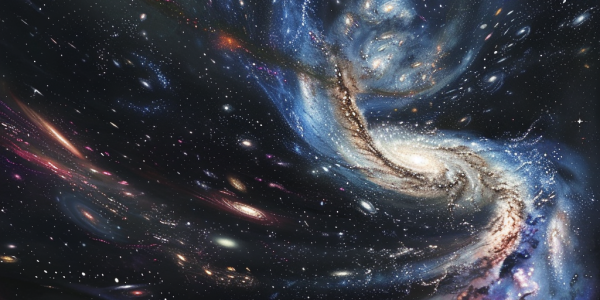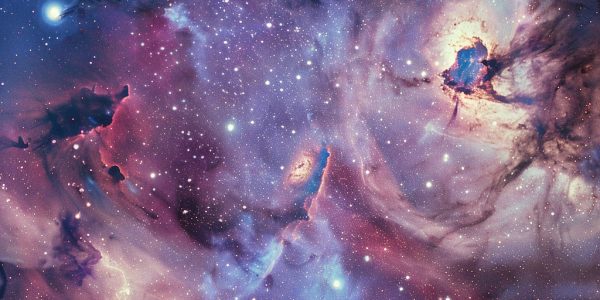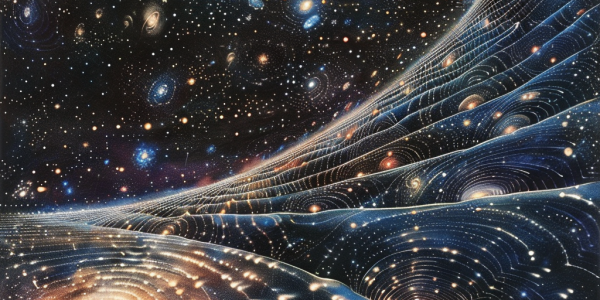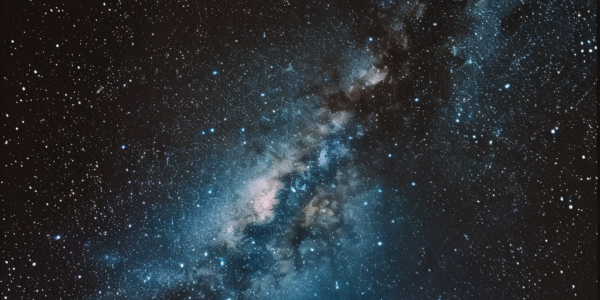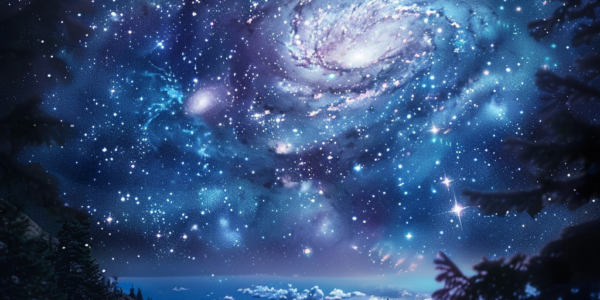New DESI Findings Challenge Understanding of Dark Energy and Universe’s Fate
Recent findings from the Dark Energy Spectroscopic Instrument (DESI) collaboration have reaffirmed Einstein’s general relativity while challenging our understanding of dark energy. With dark energy accounting for nearly 70% of the universe, new evidence suggests it may be weakening, raising profound questions about the universe’s future. As researchers explore these revelations, the implications could reshape cosmology and our comprehension of the cosmos.
Cosmology in Crisis: New Observations Challenge Standard Model of the Universe
Recent developments in cosmology are challenging the long-standing standard model of the universe, which posits that dark energy and dark matter constitute most of its composition. New observations reveal discrepancies that may prompt a reevaluation of our understanding of cosmic phenomena. As scientists delve into these findings, the potential for groundbreaking discoveries in physics and a deeper comprehension of the universe’s structure looms large.
New Study Reveals Potential ‘Glitch’ in Einstein’s Theory of Relativity
A recent study unveils a ‘cosmic glitch’ in Einstein’s theory of relativity, challenging our understanding of gravity on cosmic scales. This unexpected finding could offer new insights into the universe’s mysteries, potentially reshaping established notions in astrophysics.
Cosmic Mystery: The Convergence of Universe’s Expansion Rate
The Hubble constant, which measures the rate of the universe’s expansion, has been a controversial number in cosmology for years. However, it seems that the two main methods of measuring the expansion rate are now converging, bringing us closer to resolving this cosmic mystery. Recent developments indicate that the further galaxies are from Earth, the faster they are moving away from us, with significant implications for our understanding of the universe and its evolution. These findings suggest that we may be on the brink of solving one of the most significant open questions in physics.
Is the Universe Destined to Repeat its Beginning?
Is the end of our Universe destined to mirror its beginning? Sara Wright poses this thought-provoking question, wondering if the current state of the Universe, dominated by dark energy, could lead to a new cosmic event akin to the Big Bang. The concept of cyclic repetition raises the intriguing possibility of the cosmos following a similar pattern, prompting speculation about the potential connection of dark energy to the initial inflationary state. Could the current presence of dark energy signify that the Universe is in a false vacuum state, and if so, what implications does this hold for the future? Cosmic inflation theory suggests that from a pre-existing state, a series of independent universes could be spawned as inflation persists, each existing in isolation from the others. As we ponder the fate of our Universe, the parallels between its birth and a potential future rebirth offer a captivating avenue for exploration.

